Health
Hone Health: Facts About Prescription Non-GLP-1 Weight Loss | Woman's World

Sign Up
Create a free account to access exclusive content, play games, solve puzzles, test your pop-culture knowledge and receive special offers.
Already have an account? Login
Use left and right arrow keys to navigate between menu items.
Use escape to exit the menu.

Health
Clonazepam, popular anxiety-reducing drug, recalled nationwide for ‘possibly life-threatening’ error

The anxiety-reducing drug, Clonazepam, has been recalled after a potentially “life-threatening” label mix-up, the Food and Drug Administration (FDA) said.
According to a release from the federal agency, Endo Inc. announced a voluntary recall of 16 lots of Clonazepam Orally Disintegrating Tablets.
The pharmaceutical company said the immediate recall came after it was discovered that 16 lots of the anxiety drug were mislabeled with the incorrect strength and National Drug Code (NDC) on them. The company said the labeling error was made by a third-party packager.
As a result, children and adults prescribed Clonazepam could face “life-threatening” side effects, the FDA warned.
‘I’M A PHARMACIST, AND I WOULDN’T TAKE THESE 3 VITAMIN SUPPLEMENTS’
The recalled products were distributed to pharmacies nationwide in cartons containing 60 tablets packed into 10 blister strips of six tablets. (FDA)
The mislabeling of the drug could result in “significant sedation, confusion, dizziness, diminished reflexes, ataxia, and hypotonia,” the FDA said.
“There is reasonable probability for significant, possibly life-threatening, respiratory depression especially for patients with concomitant pulmonary disease, patients who have prescribed dosing near maximal dosing, and patients also taking other medications that could cause additional respiratory depression,” the FDA said.
Endo Inc. noted that, as of Nov. 21, there have not been any reports of adverse effects from the product recall.
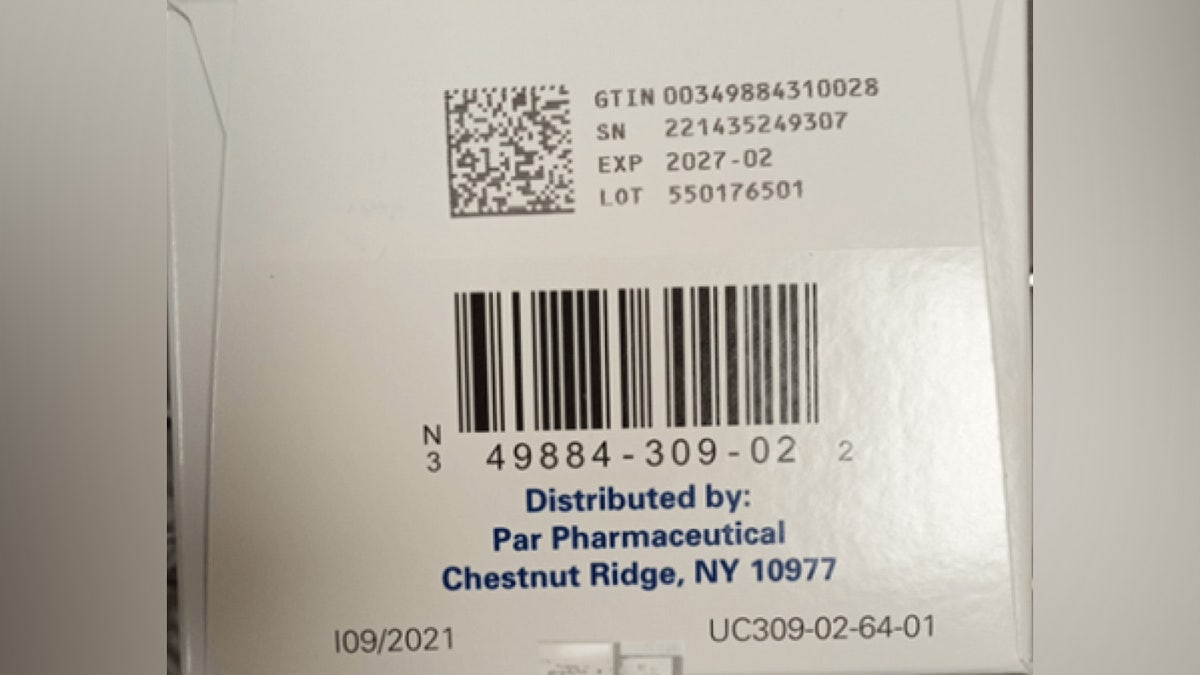
The company said the labeling error was made by a third-party packager. (FDA)
The following table, provided by the FDA, details the lots being added to the voluntary recall, including lot product description and NDC number:
| Potential Product Description / NDC Number | Lot # |
| Clonazepam ODT, USP (C-IV) 2mg / 49884-310-02 | 550176501 |
| 550176601 | |
| Clonazepam ODT, USP (C-IV) 0.125mg / 49884-306-02 | 550174101 |
| Clonazepam ODT, USP (C-IV) 0.25mg / 49884-307-02 | 550142801 |
| 550142901 | |
| 550143001 | |
| 550143101 | |
| 550143201 | |
| 550143301 | |
| 550143401 | |
| 550147201 | |
| 550147401 | |
| Clonazepam ODT, USP (C-IV) 1mg / 49884-309-02 | 550145201 |
| 550175901 | |
| 550176001 | |
| 550176201 |
Individuals with unused prescribed tablet cartons of Clonazepam Orally Disintegrating tablets bearing the above lot numbers have been advised to discontinue use of the product.
BREAST CANCER VACCINE UPDATE FROM CLEVELAND CLINIC: ‘A NEW ERA’
In the event that a patient inadvertently took an incorrect dose rather than the intended dose, they are advised to consult a physician, the FDA said.
Consumers with questions about the recall can contact Inmar Inc., the company handling the recalls, by telephone at 855-589- 1869 or by email at rxrecalls@inmar.com.
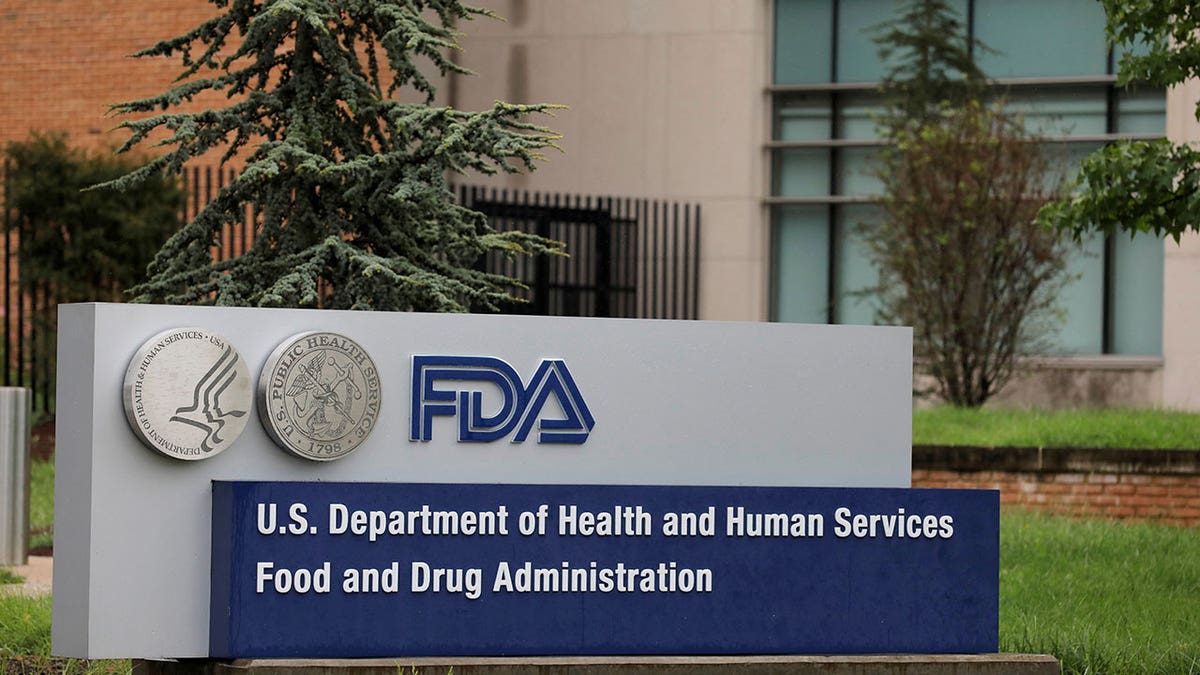
Signage is seen outside the Food and Drug Administration (FDA) headquarters in White Oak, Maryland. (REUTERS/Andrew Kelly/File Photo)
Clonazepam tablets treat seizures and can also be used to treat panic disorder, according to the Cleveland Clinic.
“It works by helping your nervous system calm down,” the Cleveland Clinic said. “It belongs to a group of medications called benzodiazepines.”
Health
These Tasty Food Swaps Make Weight Loss Easy—and You Won’t Feel Deprived!

Sign Up
Create a free account to access exclusive content, play games, solve puzzles, test your pop-culture knowledge and receive special offers.
Already have an account? Login
Use left and right arrow keys to navigate between menu items.
Use escape to exit the menu.
Health
AI detects woman’s breast cancer after routine screening missed it: 'Deeply grateful'
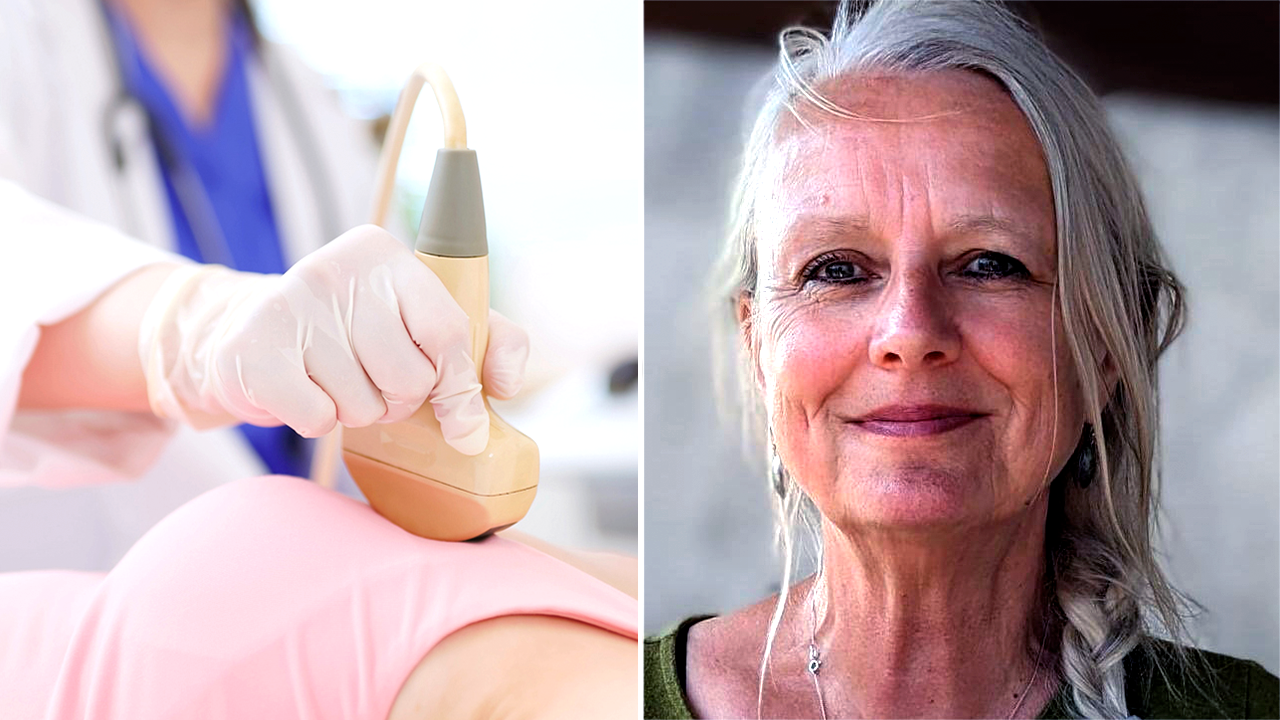
A U.K. woman is thanking artificial intelligence for saving her life.
Sheila Tooth of Littlehampton, West Sussex, had her breast cancer successfully detected by AI after routine testing came back “normal,” according to a report by SWNS.
Tooth, 68, was told she was clear of breast cancer after her last mammogram was reviewed by two radiologists.
BREAST CANCER VACCINE UPDATE FROM CLEVELAND CLINIC: ‘A NEW ERA’
Her mammogram was then analyzed by an AI system, Mammography Intelligent Assessment, as part of a system being tested by University Hospitals Sussex.
The technology picked up cancer cells in Tooth’s screening that were undetectable by the human eye, according to SWNS.
“I’m deeply grateful for it to have been caught so early,” Tooth told SWNS. “All the staff were amazing — so kind and lovely and very reassuring.” (iStock; SWNS)
Tooth had been previously diagnosed with non-invasive early breast cancer 15 years ago, so she reported feeling “very frightened” about being diagnosed again.
“But I knew that whatever they could see on my scan must have been incredibly small if it wasn’t picked up the first time,” she told SWNS.
4 HIDDEN SIGNS OF BREAST CANCER TO WATCH FOR: ‘YOU KNOW YOUR BODY’
Because the scan picked up the same type of breast cancer early on, Tooth was able to receive a lumpectomy without any further treatment.
She described feeling “grateful” for the AI technology, stating that “it’s extraordinary and I’m amazed.”
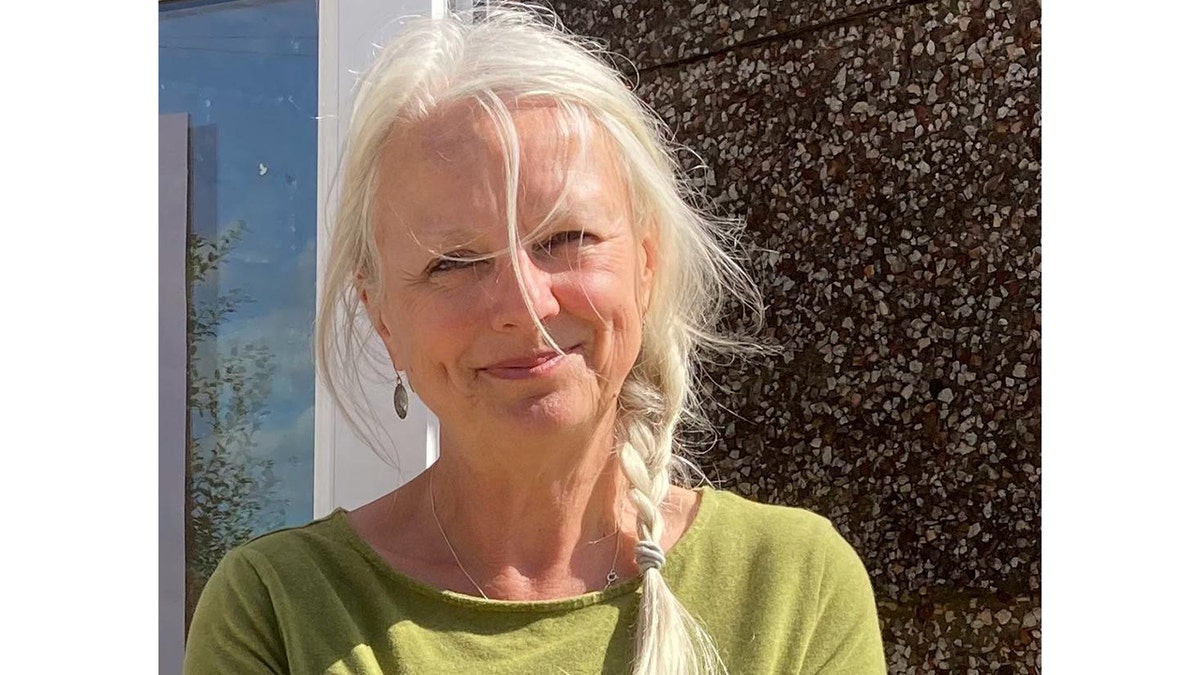
Artificial intelligence successfully detected Tooth’s breast cancer early enough to treat it. She described feeling “grateful” for the AI technology, stating that “it’s extraordinary and I’m amazed.” (SWNS)
“When I talk to friends, we just can’t believe this AI can detect what the human eye can’t always see. I just feel so lucky,” she said.
“Being 68, this may have been my last mammogram, so my early cancer might have developed into invasive cancer in my 70s.”
AFTER A BREAST CANCER DIAGNOSIS, HERE ARE 10 IMPORTANT THINGS YOU SHOULD DO, EXPERTS SAY
Dr. Olga Strukowska, a consultant radiologist and director at the West Sussex Breast Screening Program, told SWNS that as AI in health care develops, it should “find its place within the breast screening program.”
“The earlier and more accurately we detect cancer, the better the chance our patients will have a positive outcome,” she said. “Using AI increases accuracy while reducing the number of missed cancers and lowering false positives.”
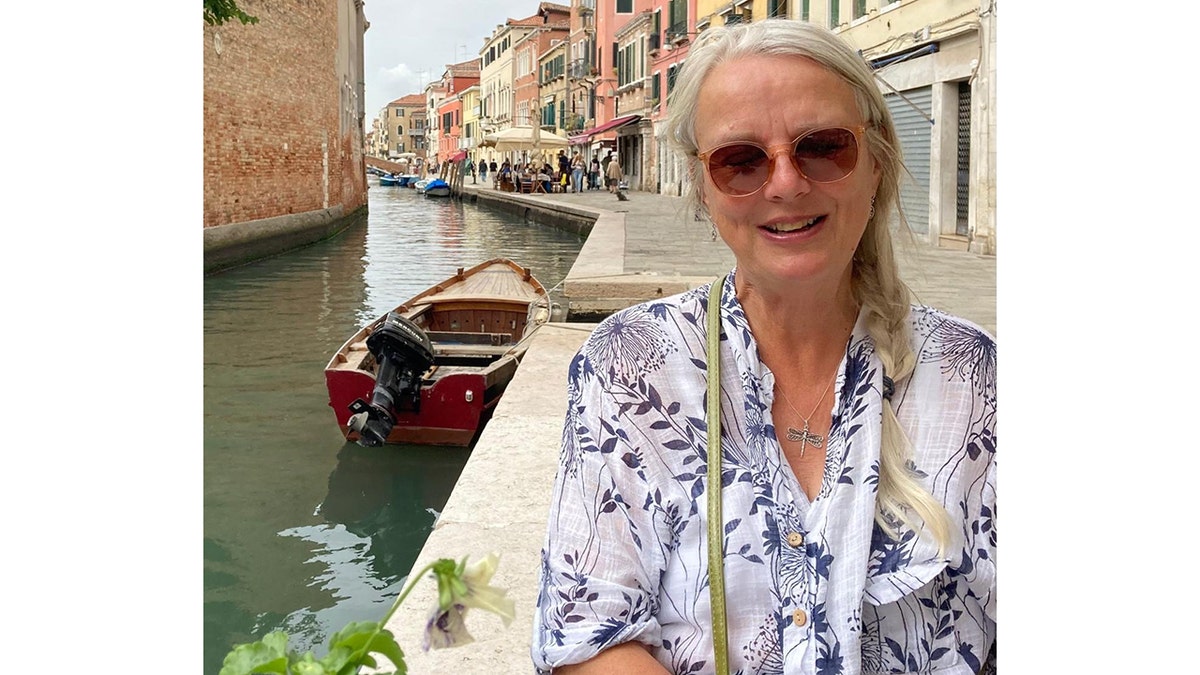
“My early cancer might have developed into invasive cancer in my 70s,” said Tooth, pictured here. (SWNS)
Dr. Harvey Castro, an ER physician and AI expert in Texas, described Tooth’s story as a “powerful testament to how AI transforms breast cancer detection and saves lives.”
CLICK HERE TO SIGN UP FOR OUR HEALTH NEWSLETTER
“Sheila’s story highlights the life-saving potential of combining human expertise with AI assistance,” he told Fox News Digital.
“It’s not about replacing radiologists, but empowering them to deliver the highest standard of care.”
The technology can offer a “second opinion that can lead to earlier diagnoses and better outcomes, especially in cases where cancer is subtle or hard to detect,” Castro went on.
“It’s not about replacing radiologists, but empowering them to deliver the highest standard of care.”

AI acts as a “safety net” in detecting breast cancer, “catching what the human eye might miss,” an expert said. (iStock)
Fox News medical contributor Dr. Nicole Saphier agreed, noting that AI is transforming breast cancer detection by “enhancing our ability to spot subtle abnormalities that might be missed by the human eye.”
For more Health articles, visit www.foxnews.com/health
“With faster and more accurate analysis of mammograms and other imaging, we can diagnose breast cancer earlier, giving patients a better chance for successful treatment and improved outcomes,” she told Fox News Digital.
Although AI is impressive, Saphier emphasized that the “true sweet spot” for accurate cancer diagnosis lies in the “synergy between the trained human eye and AI, where each complements the other’s strengths.”
“As we see with most advancements in technology, cost is often a limitation, so it will take convincing insurance companies to cover the additional cost of using AI to enhance cancer detection,” she added.
-
Business1 week ago
Column: OpenAI just scored a huge victory in a copyright case … or did it?
-

 Health1 week ago
Health1 week agoBird flu leaves teen in critical condition after country's first reported case
-

 Business6 days ago
Business6 days agoColumn: Molly White's message for journalists going freelance — be ready for the pitfalls
-

 Science3 days ago
Science3 days agoTrump nominates Dr. Oz to head Medicare and Medicaid and help take on 'illness industrial complex'
-

 Politics5 days ago
Politics5 days agoTrump taps FCC member Brendan Carr to lead agency: 'Warrior for Free Speech'
-
/cdn.vox-cdn.com/uploads/chorus_asset/file/25739950/247386_Elon_Musk_Open_AI_CVirginia.jpg)
/cdn.vox-cdn.com/uploads/chorus_asset/file/25739950/247386_Elon_Musk_Open_AI_CVirginia.jpg) Technology4 days ago
Technology4 days agoInside Elon Musk’s messy breakup with OpenAI
-

 Lifestyle5 days ago
Lifestyle5 days agoSome in the U.S. farm industry are alarmed by Trump's embrace of RFK Jr. and tariffs
-

 World5 days ago
World5 days agoProtesters in Slovakia rally against Robert Fico’s populist government















